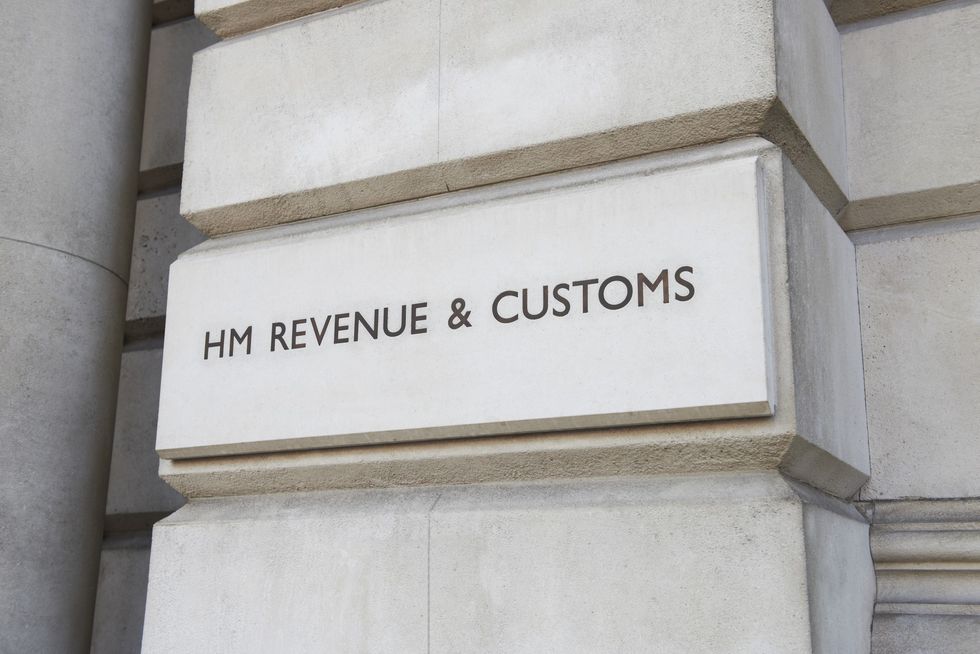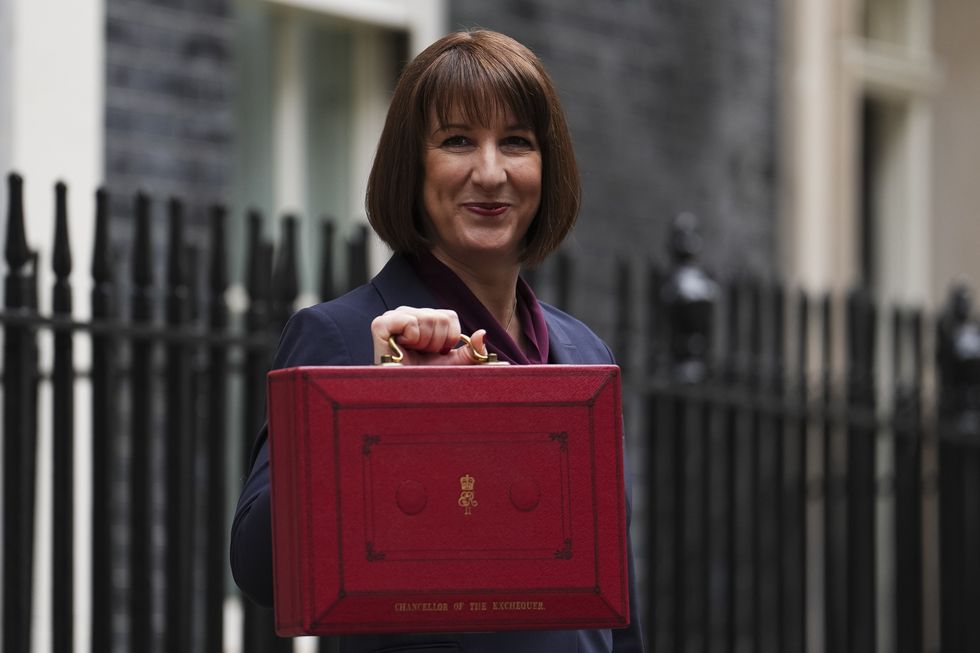WATCH: HMRC closing self assessment tax return phone lines
GB News
The change ensures fairness for those who pay their tax on time, according to HMRC
Don't Miss
Most Read
Millions of UK taxpayers have been issued a warning as HMRC implements a significant rule change this weekend.
From Sunday, April 6, 2025, Britons will face higher charges for late payments across all taxes.
Late payment interest rates will be raised by 1.5 per cent and will impact approximately 11 million taxpayers throughout the country.
The change was formally announced during the Labour Government's Autumn Budget in 2024 and is now set to take effect in just a few days' time.

The HMRC rule change is set to affect 11 million taxpayers
GETTYHMRC interest rates are directly linked to the Bank of England base rate through legislation.
Previously, late payment interest was calculated at the base rate plus 2.5 per cent but under the new rules, this will increase to base rate plus 4.00 per cent.
The tax authority has defended the rate increase as a measure to encourage timely tax payments.
According to HMRC, the higher late payment interest rate ensures fairness for those who pay their tax on time.
LATEST DEVELOPMENTS:

Late payment interest rates will be raised by 1.5 per cent on April 6
GETTYThis approach is designed to incentivise prompt payment and reduce late submissions.
While the late payment interest rate is increasing, HMRC has confirmed that repayment interest will remain unchanged.
Repayment interest is currently set at the Bank of England base rate minus 1 per cent.
This rate includes a 'minimum floor' of 0.5 per cent to ensure taxpayers receive at least some compensation when they overpay.

The change was initially revealed in Rachel Reeves's Autumn Budget
PAThe differential between what HMRC charges for late payments and what it pays for repayments aligns with global tax authority practices.
HMRC notes that the differential between late payments and repayments compares favourably with commercial practices for interest charged on loans or overdrafts and interest paid on deposits.
This rule change comes amid other HMRC developments affecting taxpayers.
It recently emerged that Chancellor Rachel Reeves is planning to make it easier for HMRC to collect tax on bank and building society interest.
The proposed changes would enable HMRC to adjust workers' tax codes more readily.
A consultation on the matter states: "Timely financial account data will enable tax codes to reflect a more up-to-date position for taxpayers."
HMRC has defended these proposals, with a spokesman saying: "These proposed changes will reduce admin burdens for customers, make it easier for them to get their tax right first time and help close the tax gap."
The spokesman added they would work closely with stakeholders to ensure a proportionate approach.













